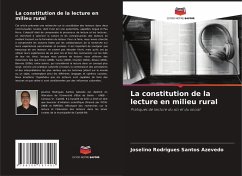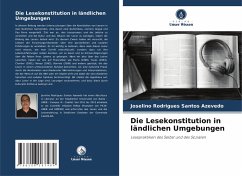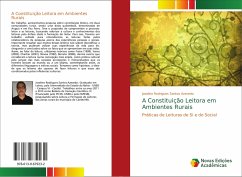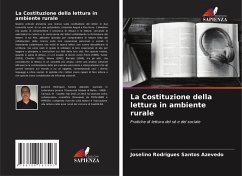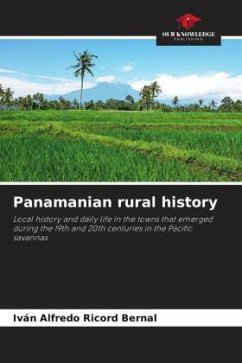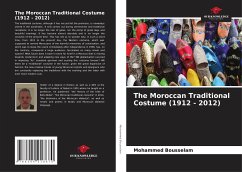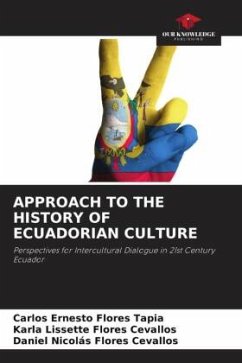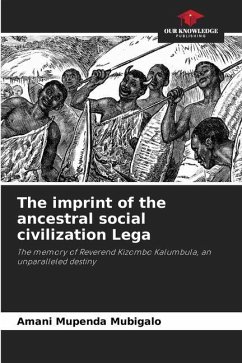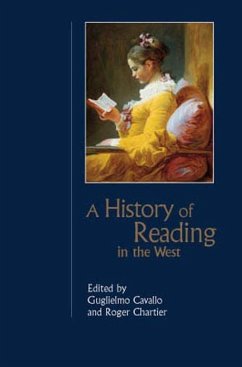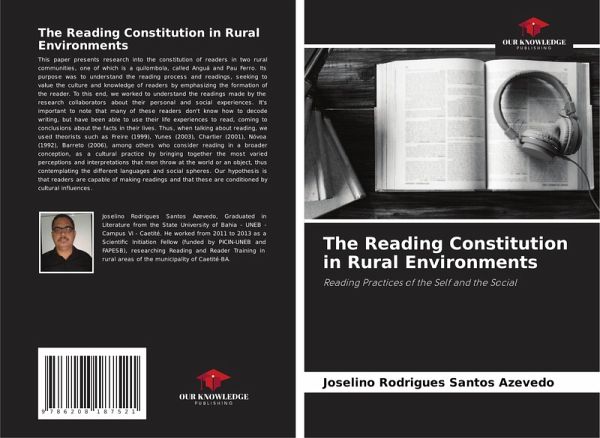
The Reading Constitution in Rural Environments
Reading Practices of the Self and the Social
Versandkostenfrei!
Versandfertig in 6-10 Tagen
27,99 €
inkl. MwSt.

PAYBACK Punkte
14 °P sammeln!
This paper presents research into the constitution of readers in two rural communities, one of which is a quilombola, called Anguá and Pau Ferro. Its purpose was to understand the reading process and readings, seeking to value the culture and knowledge of readers by emphasizing the formation of the reader. To this end, we worked to understand the readings made by the research collaborators about their personal and social experiences. It's important to note that many of these readers don't know how to decode writing, but have been able to use their life experiences to read, coming to conclusio...
This paper presents research into the constitution of readers in two rural communities, one of which is a quilombola, called Anguá and Pau Ferro. Its purpose was to understand the reading process and readings, seeking to value the culture and knowledge of readers by emphasizing the formation of the reader. To this end, we worked to understand the readings made by the research collaborators about their personal and social experiences. It's important to note that many of these readers don't know how to decode writing, but have been able to use their life experiences to read, coming to conclusions about the facts in their lives. Thus, when talking about reading, we used theorists such as Freire (1999), Yunes (2003), Chartier (2001), Nóvoa (1992), Barreto (2006), among others who consider reading in a broader conception, as a cultural practice by bringing together the most varied perceptions and interpretations that men throw at the world or an object, thus contemplating the different languages and social spheres. Our hypothesis is that readers are capable of making readings and that these are conditioned by cultural influences.





